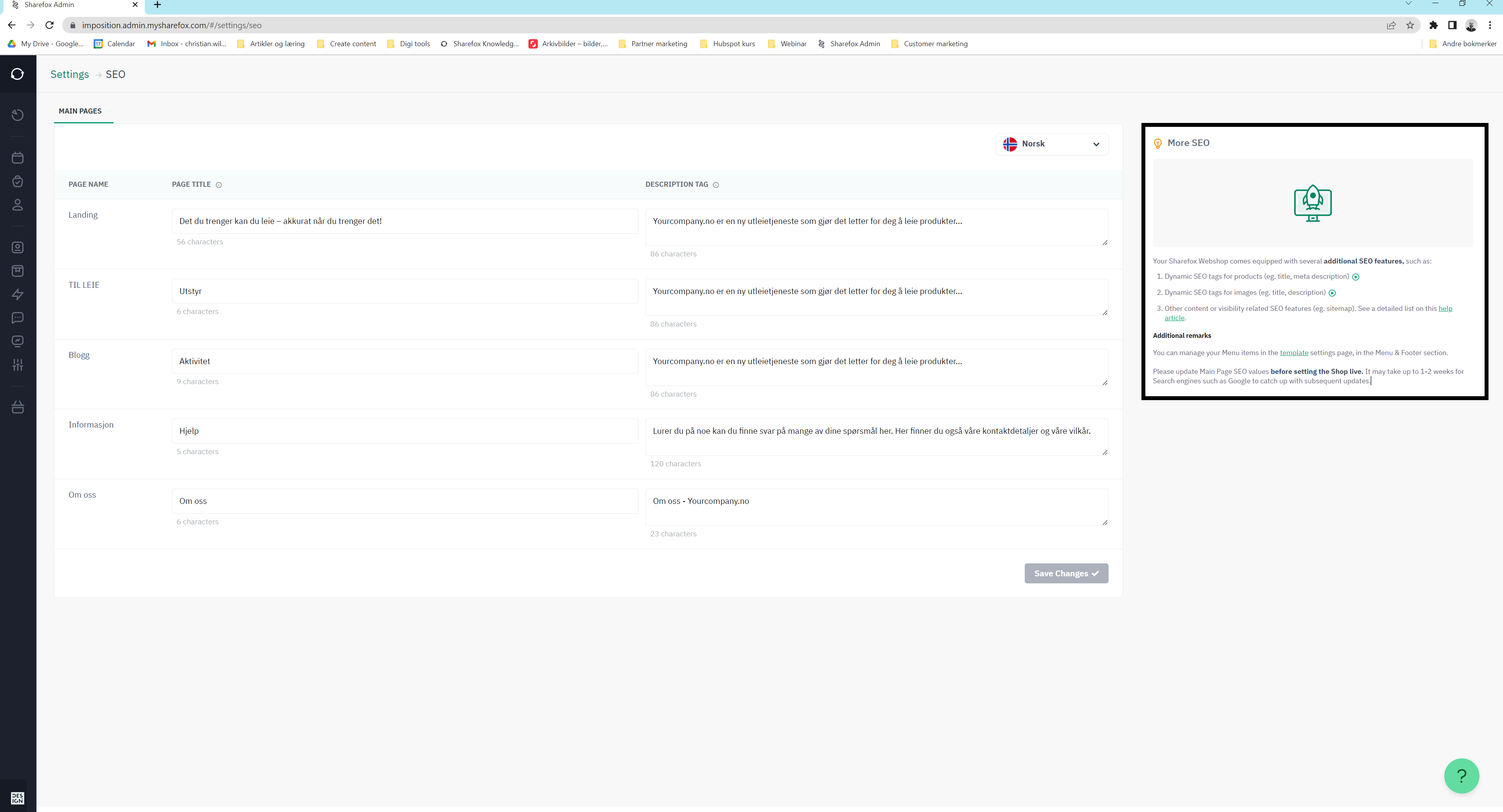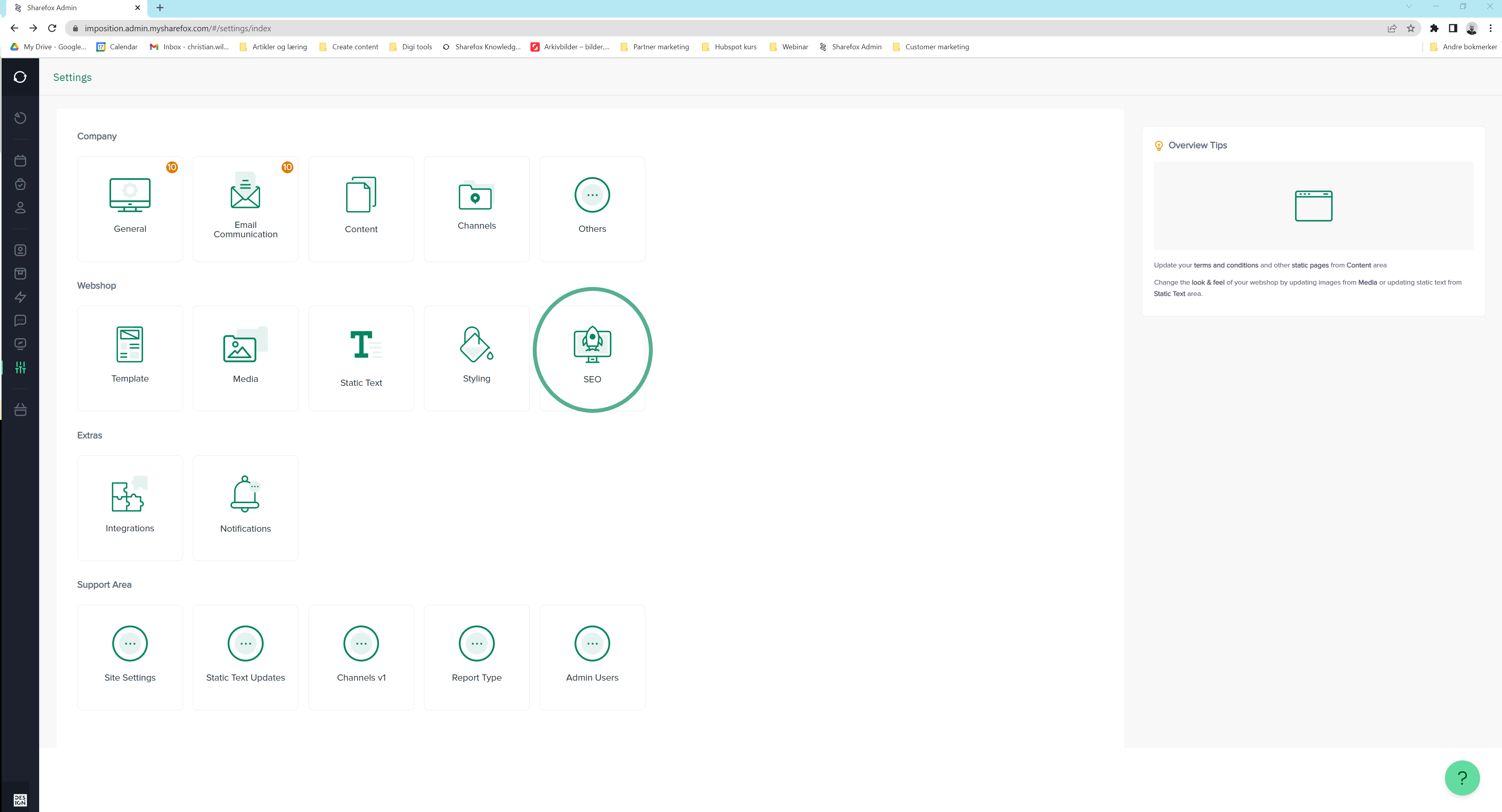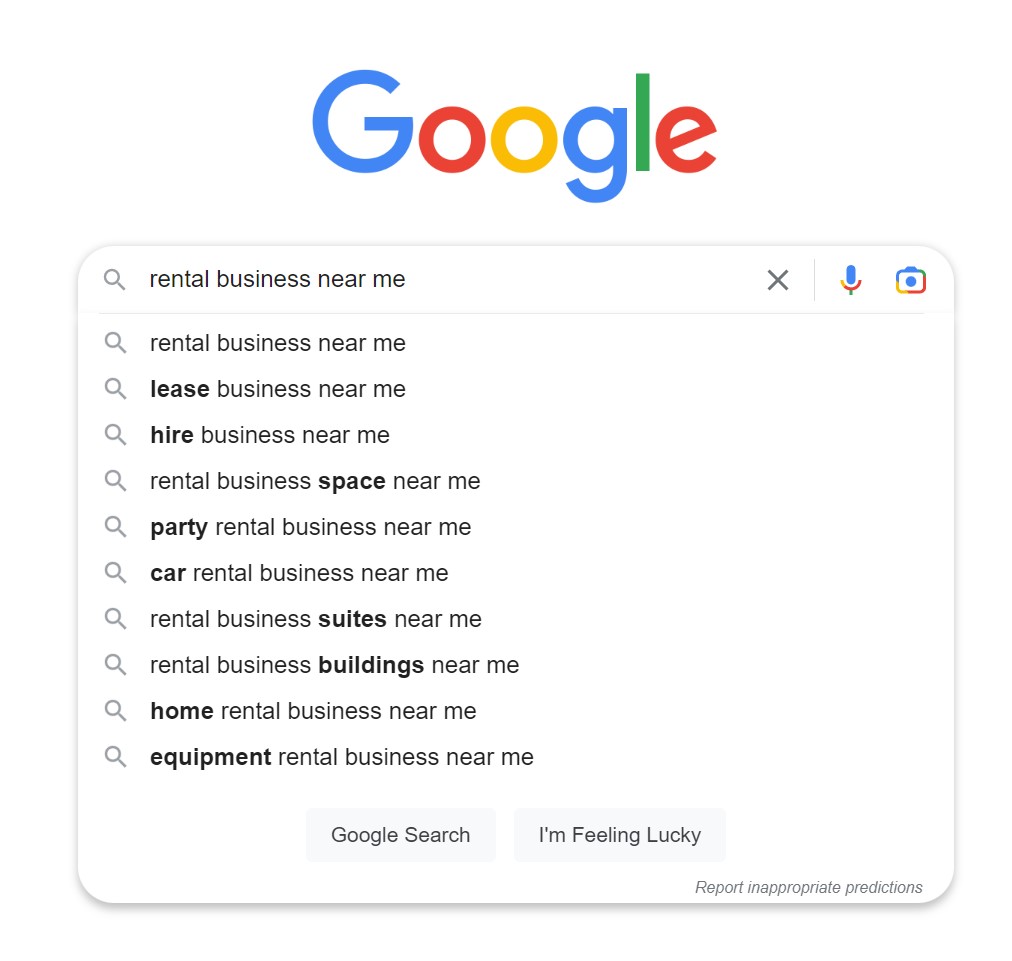As the internet continues to evolve, businesses are becoming increasingly aware of the importance of having a strong online presence. Search engine optimization (SEO) is the process of optimizing your website to rank higher in search engine results pages (SERPs) so that potential customers can easily find you. A critical aspect of SEO is the use of keywords. In this guide, we will discuss what SEO is and why keywords are essential for your business’s success.
1. What is SEO?
SEO is a practice that involves optimizing your website to rank higher in search engine results pages (SERPs). Search engines like Google and Bing use algorithms to determine which websites appear on the first page of search results. SEO involves using various techniques to make sure that your website is optimized for these algorithms so that it can rank higher in search results.
2. Why is SEO important for businesses?
SEO is important for businesses because it can help them reach more potential customers. When people search for something online, they typically use search engines like Google or Bing. If your website doesn’t appear on the first page of search results, you’re missing out on a lot of potential traffic. SEO can help your website rank higher in search results, which can increase your visibility and ultimately lead to more traffic, leads, and sales.
3. What are keywords?
Keywords are the words and phrases that people use to search for something online. For example, if someone is looking for a rental car, they might search for “best rental cars 2023” or “affordable rental cars near me.” These are both examples of keywords.
4. Why are keywords important for SEO?
Keywords are important for SEO because search engines use them to determine what your website is about. When someone searches for a particular keyword, search engines scan millions of websites to find the most relevant results. By using the right keywords on your website, you can increase the chances of your website appearing in search results for those keywords.
5. How to choose the right keywords for your business
Choosing the right keywords for your business is essential for effective SEO. Here are some tips for choosing the right keywords:
- Identify your target audience: Who are you trying to reach? What words and phrases might they use to search for something online?
- Do keyword research: Use keyword research tools like Google Keyword Planner or Ahrefs to find relevant keywords and see how often they’re searched for.
- Consider search intent: What is the intent behind the keywords? Are people searching for information, products, or services?
- Look at your competition: What keywords are your competitors using? Are there any gaps in the market that you could target with your keywords?
6. How to use keywords on your website
Once you’ve identified the right keywords for your business, it’s important to use them correctly on your website. Here are some tips:
- Use keywords in your page titles: Your page titles should include your primary keywords to help search engines understand what your page is about.
- Use keywords in your content: Use your keywords throughout your website’s content, but don’t overdo it. Use them naturally and in context.
- Use variations of your keywords: Use variations of your primary keywords to help you rank for related search terms.
- Use keywords in your URLs: Include your primary keywords in your URLs to help search engines understand what your page is about.
- Use keywords in your meta descriptions: Meta descriptions are the short snippets that appear beneath your page titles in search results. Use your primary keywords in your meta descriptions to help improve your click-through rate.
7. Importance of content in SEO
Content is an essential part of SEO. Search engines prioritize websites with high-quality, informative, and relevant content. Here are some tips for creating content that will help improve your SEO:
- Use relevant keywords: Use relevant keywords throughout your content to help search engines understand what your page is about.
- Create high-quality content: Create content that is informative, engaging, and relevant to your target audience.
- Update your content regularly: Regularly updating your content shows search engines that your website is active and relevant.
- Use a variety of content formats: Use a mix of formats like text, images, videos, and infographics to make your content more engaging.
8. Link building and its role in SEO
Link building is the process of acquiring links from other websites to your own. Links from other websites are like votes of confidence that tell search engines that your website is relevant and trustworthy. Here are some tips for effective link building:
- Create high-quality content: High-quality content is more likely to attract links from other websites.
- Reach out to other websites: Reach out to other websites in your niche and ask them to link to your content.
- Guest post on other websites: Write guest posts for other websites in your niche and include a link back to your own website.
- Use social media: Share your content on social media to increase its visibility and attract links.
9. Local SEO and why it’s important
Local SEO is the process of optimizing your website for local search queries. For example, if you run a Machine rental in Berlin, you would want your website to appear in search results when someone searches for “Machines for rental in Berlin.” Here are some tips for optimizing your website for local SEO:
- Create a Google My Business listing: Google My Business is a free tool that helps businesses manage their online presence across Google, including search results and maps.
- Optimize your website for local keywords: Use local keywords throughout your website to help it rank for local search queries.
- Get listed in local directories: Get listed in local directories like Yelp, Finn.no, TripAdvisor, and Yellow Pages to increase your visibility in local search results.
- Get local backlinks: Get links from other local businesses to help increase your visibility in local search results.


10. How to measure SEO success
Measuring the success of your SEO efforts is essential to optimizing your strategy. Here are some metrics to track:
- Traffic: Track the amount of traffic your website receives from organic search.
- Rankings: Track your website’s rankings for your target keywords.
- Conversions: Track the number of leads, sales, or other conversions your website generates from organic search.
- Backlinks: Track the number and quality of backlinks your website receives.
11. Common SEO mistakes to avoid
Here are some common SEO mistakes to avoid:
- Keyword stuffing: Don’t overuse keywords on your website. Use them naturally and in context.
- Duplicate content: Don’t use duplicate content on your website. Create unique content for each page.
- Poor website design: A poorly designed website can hurt your SEO efforts. Make sure your website is easy to navigate and mobile-friendly.
- Neglecting local SEO: If you have a local business, neglecting local SEO can hurt your visibility in local search results.
12. Future of SEO
SEO is constantly evolving, and it’s important to stay up-to-date with the latest trends and best practices.
Here are some trends to watch for in the future of SEO:
- Voice search: With the rise of smart speakers like Amazon Echo and Google Home, voice search is becoming more popular. Optimizing your website for voice search queries can help you stay ahead of the competition.
- Artificial intelligence: Artificial intelligence is being used to improve search algorithms and provide more relevant search results. Understanding how AI is used in search can help you optimize your website for better rankings.
- Mobile-first indexing: Google has already shifted to mobile-first indexing, which means that it now considers the mobile version of a website as the primary version for ranking purposes. It’s important to ensure that your website is mobile-friendly to avoid being penalized in search results.
- User experience: Search engines are placing more emphasis on user experience, including factors like page load speed, mobile responsiveness, and ease of navigation. Focusing on improving user experience can help you improve your search rankings.
Conclusion
In conclusion, SEO is a critical aspect of any online business. It helps to improve your website’s visibility in search results, which can drive more traffic, leads, and sales. By understanding the importance of keywords, content, link building, local SEO, and measuring SEO success, you can create an effective SEO strategy that will help your business succeed online. Remember to avoid common SEO mistakes and stay up-to-date with the latest trends and best practices for the future of SEO.
FAQs
What is the difference between organic and paid search results?
Organic search results are the listings that appear in search results based on relevance and popularity, while paid search results are the listings that appear at the top of search results and are paid for by advertisers.
How long does it take to see results from SEO?
SEO is a long-term strategy, and it can take several months to see significant results. However, with consistent effort and a solid strategy, you can achieve long-lasting results.
Is it important to have a mobile-friendly website for SEO?
Yes, having a mobile-friendly website is important for SEO. Google has shifted to mobile-first indexing, which means that it considers the mobile version of a website as the primary version for ranking purposes.
How can I improve my local SEO?
You can improve your local SEO by creating a Google My Business listing, optimizing your website for local keywords, getting listed in local directories, and getting local backlinks.
What are some common SEO mistakes to avoid?
Common SEO mistakes to avoid include keyword stuffing, using duplicate content, having a poorly designed website, and neglecting local SEO.






